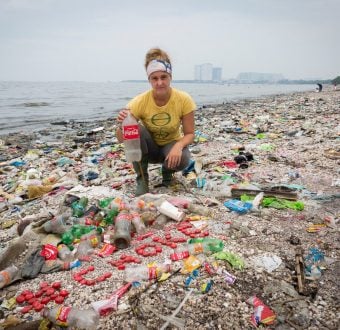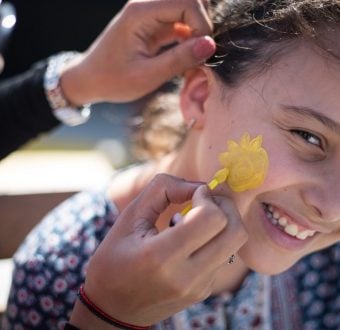The new data shows high levels of the phthalate DEHP in enteral
feeding bags and tubing used to nutritionally sustain children. A
non-vinyl bag connected to vinyl tubing would still result in DEHP
exposure. “To force children to bear any increased health risks due
to DEHP contamination is irresponsible and unconscionable,” said
Sue Gorman, the mother of a child requiring enteral feeding since
infancy. “Ironically, the very medical products that sustain these
children’s lives also contaminate their bodies with DEHP.”
Manufacturers readily admit that vinyl requires DEHP to make it
flexible and that it is easily released into intravenous solutions
and even the air used in infant respiratory therapy. In addition, a
leaked memo from the European Confederation of Medical Devices
Association, (EUCOMED) shows that the industry is aware of the
urgency to develop non-vinyl medical products. The memo refers to
numerous national bans of soft PVC toys containing DEHP and states
that “it is probably only a short step from toys to medical
devices…and the industry may therefore only in practice have
achieved a two/three year breathing space to develop
alternatives.”
“Lessons learned on additives in soft vinyl toys need to be
applied to medical devices,” said Joe Di Gangi, Ph.D and author of
the Greenpeace report. “Why expose a vulnerable
population such as patients to toxic chemicals when alternatives
are readily available?”
The U.S. EPA considers DEHP to be a probable human carcinogen.
The World Health Organization believes there is a need to “reduce
exposure arising from the use of plastic tubes containing DEHP in
such clinical procedures as transfusion, haemodialysis, and
artificial respiration.”
Manufacturers of PCV-free medical products include B. Braun
McGaw, Fresenius, and Pharmacia. Baxter recently committed to
“exploring and developing alternatives to PVC products” in its
worldwide product line. In contrast, U.S.- based Abbott
Laboratories has resisted a PVC substitution policy. Abbott and
Baxter are both members of the European medical devices trade
association, EUCOMED.
Greenpeace is one of more than 190 member organizations of Health Care Without Harm (HCWH), an
international coalition of hospitals, health professional
organizations, health advocacy groups, labor, religious
organizations, and environmental groups. More information is
available at the HCWH Web site at www.noharm.org.

